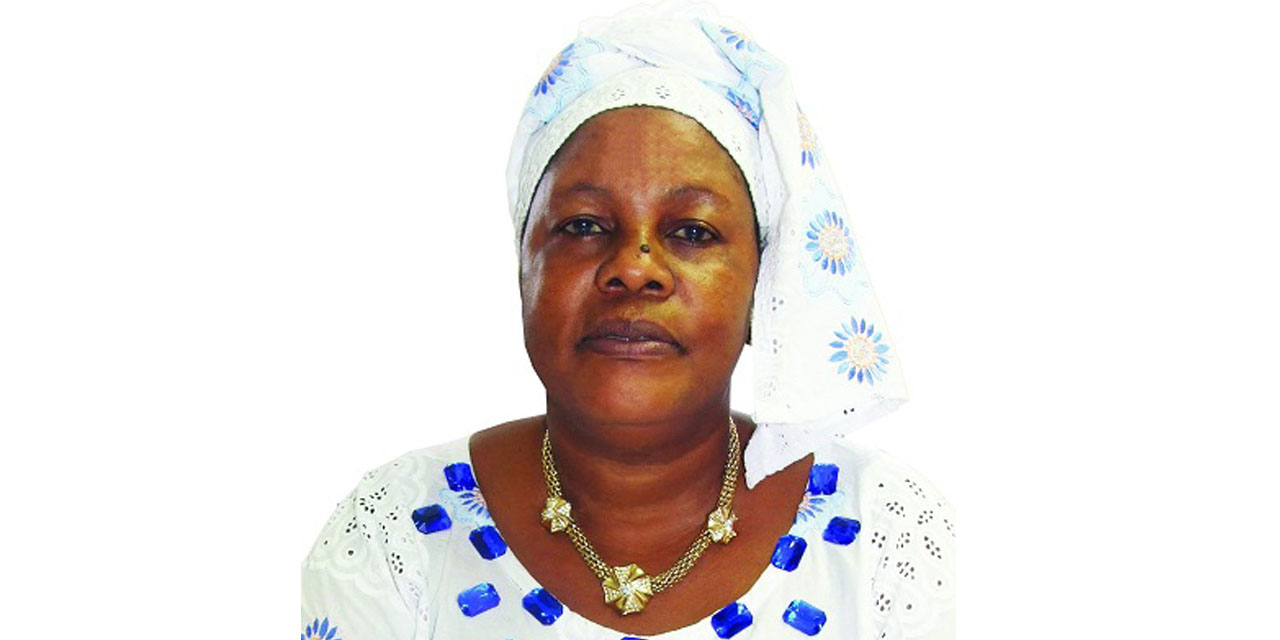Tujoromajo Kasuto
Over 500 000 Namibians benefit from the government’s social grants administered by the Ministry of Gender Equality, Poverty Eradication and Social Welfare, with a coverage of 98 percent for old-age pension beneficiaries, 74 percent for disability and 71 percent for children’s grant beneficiaries.
This include 341 204 vulnerable children, 192 544 pensioners, and 48 472 people with disabilities.
During the Ministry’s budget motivation in the National Assembly yesterday, Minister Doreen Sioka shared that a total of five billion dollars is allocated to this programme for the fiscal year 2022/2023.
Other items to be covered are the food bank program, funeral coverage and a conditional income grant for food bank beneficiaries.
As part of the Government Food Assistance Programme to the urban and peri-urban poor, a total of 9,987 households representing 42 082 individuals received food parcels across all fourteen (14) Regions.
As directed by the Harambee Prosperity Plan II, food provision assistance under the Ministry’s Food Bank Programme was transformed into a monthly stipend of N$500 from beginning in April 2022, with 8 339 current beneficiaries.
Sioka further stated that the Ministry provided monthly subsidies to 1307 ECD Educarers during the fiscal year 2021/2022 as part of the Ministry’s mandate to improve access to quality Early Childhood Development (ECD) programs and services.
The number of children enrolled in Early Childhood Development (ECD) Centres as of 31 March 2022 was 83 465, consisting of 41 675 females and 41 790 males.
According to Soika, this is a 14 percent decrease in overall enrolment at ECDs compared to the 2020/21 fiscal year, which is primarily due to the impact of the Covid-19 pandemic.
Meanwhile, in terms of childcare and protection services, food and rations for 140 children in need of protective services placed at Namibia Children’s Homes, 214 children are enrolled in the After School Centre’s Integration program, and 20 Private Residential Child Care Facilities are receiving subsidies.
In eight regions, the Ministry has established shelters for victims of Gender Based Violence (GBV), Violence Against Children (VAC), and Trafficking in Persons (TIP).
Consequently, there are currently 88 victims residing at these shelters and the Ministry created a set of guidelines for children who are in violation of the law where Psychosocial Support (PSS) is provided to a total of 1 583 children at both national and regional levels.
At Farm Kaukurus, the Ministry has begun child care and protection programs and activities. Currently, seven children are participating in the Ministry’s dry-out program.
Furthermore, children working and living on the streets, which the Ministry has integrated into schools, are accommodated at the Farm during holidays.
Sioka said that the Ministry plans to enter into agreements with different organisations such as KAYEC to offer skills training in various fields to children in need of care and protection.




